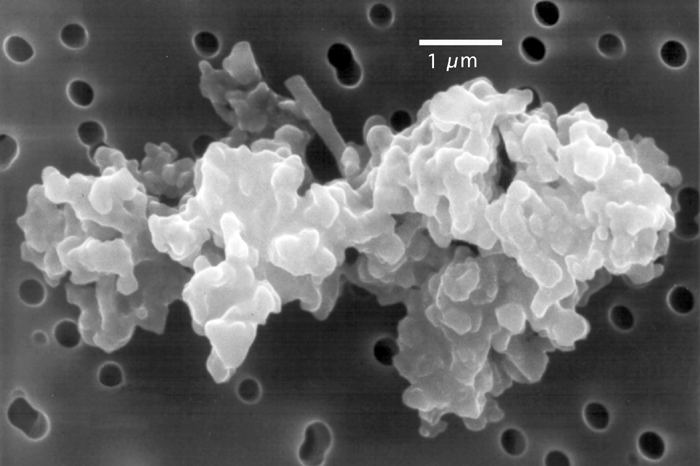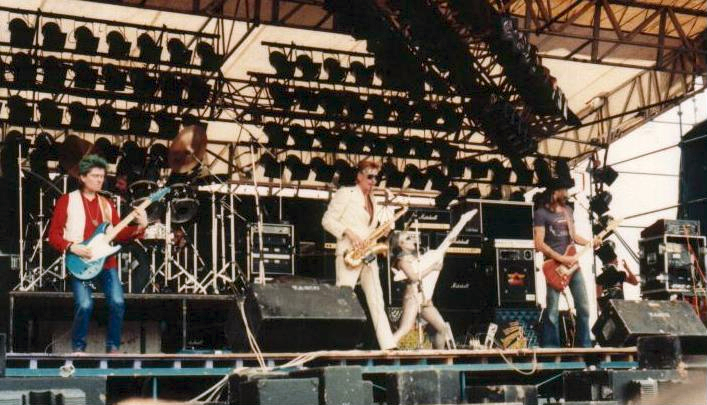|
Space Dust (other)
Space dust may refer to: * Cosmic dust, particles floating in space * Space Dust, a popular 1970s confectionery brand * Spacedust, a British music production duo * Space Dust, a New Zealand space rock band formed in 1993 * "Space Dust", a song by Hawkwind * Slang for crack cocaine Crack cocaine, commonly known simply as crack, and also known as rock, is a free base form of the stimulant cocaine that can be smoked. Crack offers a short, intense high to smokers. The ''Manual of Adolescent Substance Abuse Treatment'' call ... dipped in PCP See also * Stardust (other) Cosmic dust {{disambiguation ... [...More Info...] [...Related Items...] OR: [Wikipedia] [Google] [Baidu] |
Cosmic Dust
Cosmic dust, also called extraterrestrial dust, star dust or space dust, is dust which exists in outer space, or has fallen on Earth. Most cosmic dust particles measure between a few molecules and 0.1 mm (100 micrometers). Larger particles are called meteoroids. Cosmic dust can be further distinguished by its astronomical location: intergalactic dust, interstellar dust, interplanetary dust (such as in the zodiacal cloud) and circumplanetary dust (such as in a planetary ring). There are several methods to obtain space dust measurement. In the Solar System, interplanetary dust causes the zodiacal light. Solar System dust includes comet dust, asteroidal dust, dust from the Kuiper belt, and interstellar dust passing through the Solar System. Thousands of tons of cosmic dust are estimated to reach the Earth's surface every year,Discogs entry of Spacedust . Retrieved on 1 October 2007. The , despite being made in the late 1990s, was made to look cheap even though it cost over £10,000. It regularly features on |
Space Rock
Space rock is a music genre characterized by loose and lengthy song structures centered on instrumental textures that typically produce a hypnotic, otherworldly sound. It may feature distorted and reverberation-laden guitars, minimal drumming, languid vocals, synthesizers and lyrical themes of outer space and science fiction. The genre emerged in late 1960s psychedelia and progressive rock bands such as Pink Floyd, Hawkwind, and Gong who explored a "cosmic" sound. Similar sounds were pursued in the early 1970s West German '' kosmische Musik'' ("cosmic music") scene. Later, the style was taken up in the mid-1980s by Spacemen 3, whose "drone-heavy" sound was avowedly inspired by and intended to accommodate drug use. By the 1990s, space rock developed into shoegazing, stoner rock and post-rock with bands such as the Verve, Flying Saucer Attack, and Orange Goblin. History Origins: 1950s-1960s Humanity's entry into outer space provided ample subject matter for rock and roll an ... [...More Info...] [...Related Items...] OR: [Wikipedia] [Google] [Baidu] |
Hawkwind
Hawkwind are an English rock band known as one of the earliest space rock groups. Since their formation in November 1969, Hawkwind have gone through many incarnations and have incorporated many different styles into their music, including hard rock, progressive rock and psychedelic rock. They are also regarded as an influential proto-punk band. Their lyrics favour urban and science fiction themes. Many musicians, dancers and writers have worked with the band since their inception. Notable musicians who have performed in Hawkwind include Lemmy, Ginger Baker, Robert Calvert, Nik Turner and Huw Lloyd-Langton. However, the band are most closely associated with their founder, singer, songwriter and guitarist Dave Brock, who is the only remaining original member. Hawkwind are best known for the song " Silver Machine", which became a number-three UK hit single in 1972, but they scored further hit singles with " Urban Guerrilla" (another Top 40 hit) and " Shot Down in the Nig ... [...More Info...] [...Related Items...] OR: [Wikipedia] [Google] [Baidu] |
Crack Cocaine
Crack cocaine, commonly known simply as crack, and also known as rock, is a free base form of the stimulant cocaine that can be smoked. Crack offers a short, intense high to smokers. The ''Manual of Adolescent Substance Abuse Treatment'' calls it the most addictive form of cocaine. Crack cocaine first saw widespread use as a recreational drug in primarily impoverished neighborhoods in New York City, Philadelphia, Baltimore, Washington, D.C., Los Angeles, San Francisco, and Miami in late 1984 and 1985; this rapid increase in use and availability was named the " crack epidemic", which began to wane in the 1990s. The use of another highly addictive stimulant drug, crystal meth, ballooned between 1994 and 2004. Physical and chemical properties Purer forms of crack resemble off-white, jagged-edged "rocks" of a hard, brittle plastic, with a slightly higher density than candle wax. Like cocaine in other forms, crack rock acts as a local anesthetic, numbing the tongue or mouth ... [...More Info...] [...Related Items...] OR: [Wikipedia] [Google] [Baidu] |
Phencyclidine
Phencyclidine or phenylcyclohexyl piperidine (PCP), also known as angel dust among other names, is a dissociative anesthetic mainly used recreationally for its significant mind-altering effects. PCP may cause hallucinations, distorted perceptions of sounds, and violent behavior. As a recreational drug, it is typically smoked, but may be taken by mouth, snorted, or injected. It may also be mixed with cannabis or tobacco. Adverse effects may include seizures, coma, addiction, and an increased risk of suicide. Flashbacks may occur despite stopping usage. Chemically, PCP is a member of the arylcyclohexylamine class, and pharmacologically, it is a dissociative anesthetic. PCP works primarily as an NMDA receptor antagonist. PCP is most commonly used in the United States. While usage peaked in the US in the 1970s, between 2005 and 2011 an increase in visits to emergency departments as a result of the drug occurred. As of 2017 in the United States, about 1% of people i ... [...More Info...] [...Related Items...] OR: [Wikipedia] [Google] [Baidu] |
Stardust (other)
Stardust may refer to: * A type of cosmic dust, composed of particles in space Entertainment Songs * “Stardust” (1927 song), by Hoagy Carmichael * “Stardust” (David Essex song), 1974 * “Stardust” (Lena Meyer-Landrut song), 2012 * “Stardust” (Mika song), 2012 * 'Stardust' (composition), by Jean-Michel Jarre and Armin van Buuren, 2015 * “Stardust”, by Carly Simon from ''Come Upstairs'', 1980 * “Stardust”, by Officium Triste from ''Ne Vivam'', 1997 * “Stardust”, by The Caretaker from ''We'll All Go Riding on a Rainbow'', 2003 * “Stardust”, by Galneryus from ''Reincarnation'', 2008 * “Stardust”, by Amaranthe from ''The Nexus'', 2013 * “Stardust”, by Gemini Syndrome from ''Lux'', 2013 * “Stardust”, by Delain from ''The Human Contradiction'', 2014 * “Stardust”, by IAMX from ''Alive In New Light'', 2018 Albums * ''Stardust'' (Ron Carter album), 2001 * ''Stardust'' (Natalie Cole album), 1996 * ''Stardust'' (John Coltrane album), 196 ... [...More Info...] [...Related Items...] OR: [Wikipedia] [Google] [Baidu] |




.jpg)